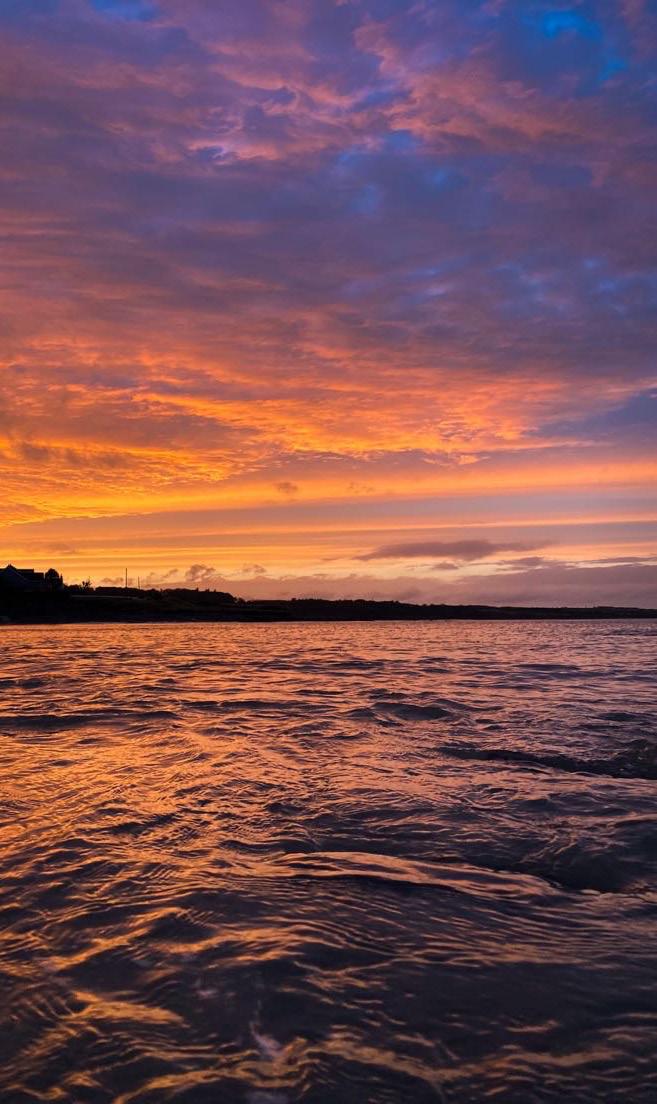Page 31
Interview
Interview with Matthew Mollahan, Campaign Assistant with Climate Case Ireland By Scott Murphy, SS Law and Political Science Who is Climate Case Ireland? Climate Case Ireland was launched in response to the government’s 2017 National Mitigation Plan (NMP) by Friends of the Irish Environment (FIE) – a group of activists who pursue environmental justice usually through legal challenges. FIE has taken several cases over the past twenty years but the reason that Climate Case Ireland is seen as a branch of FIE is because of the urgency of the climate crisis and our case was especially important because it was against national legislation on climate change. So, you can see Climate Case Ireland as the climate branch of Friends of the Irish Environment. Climate Case Ireland won their most recent case in the Supreme Court in July 2020. What were your arguments and which arguments were successful? Our arguments were about the intersection of climate science and human rights. We argued that the government’s plan to reduce carbon emissions was insufficient under the Paris Agreement and under their own climate act (the Climate Action and Low Carbon Development Act 2015) which stated that the Irish government should reduce its emissions by 25 to 40 per cent, which we have not seen – there has actually been an increase in this time. We argued that this breached several rights such as the right to life and the right to private and family life under the European Convention on Human Rights (ECHR), and that there was a right to a safe environment which is a corollary of the right to life (this was accepted in the High Court but not in the Supreme Court). We hoped that they would enshrine the right to a healthy environment as an unenumerated right, but the Supreme Court decided not to because FIE is an organisation, not a person, and does not have the same standing rights as individuals. This was the only argument that failed, so overall the case was a success. The government had to rewrite their climate legislation to ensure that it is in line with the correct climate science. So, the Supreme Court quashed the National Mitigation Plan because it did not comply with the Climate Act. Climate Case Ireland is part of a global network of climate cases being taken against national governments for their failure to take climate action. How influential was the Dutch Urgenda decision to the Irish case? Urgenda’s influence cannot be overstated. Several people involved with Urgenda have given talks with us and have helped us to form legal arguments. But more than this, we took inspiration from them. They had over 800 co-complainants, so the case was not just for Urgenda (the environmental NGO) - it was for everyone in the Netherlands. We wanted to emulate that but we could not have that many co-complainants under judicial review. So instead, we launched a petition which has over 20,000 signatures with the idea being that the case was on behalf of everyone who signed it. By the time we went to the High Court, Urgenda had won its Supreme Court case and the Dutch government was mandated to reduce its emissions by 25 per cent, which was a massive boost of confidence and a great inspiration. So the two are very interlinked.




















